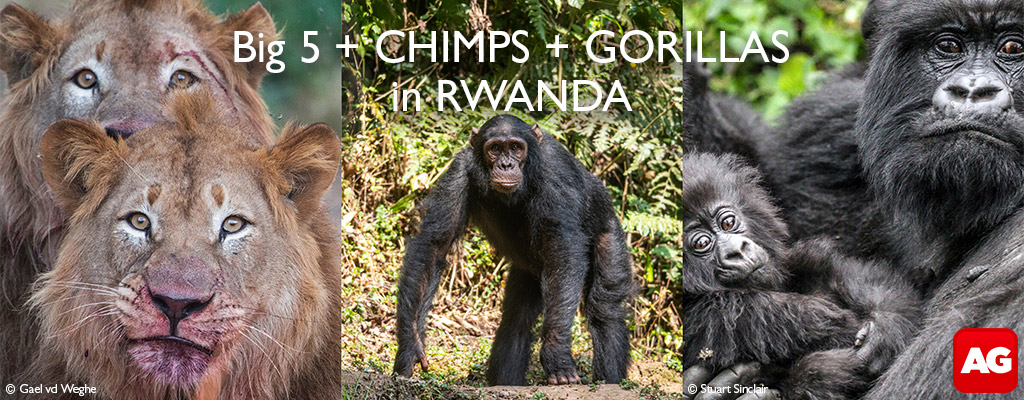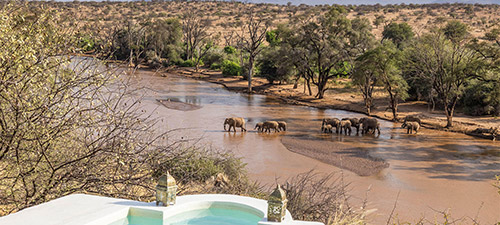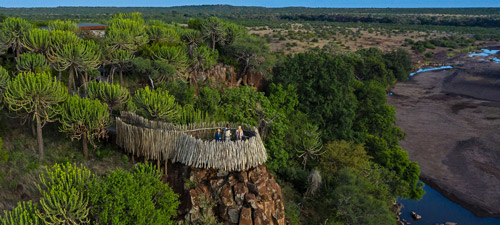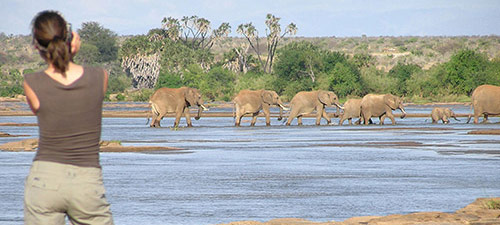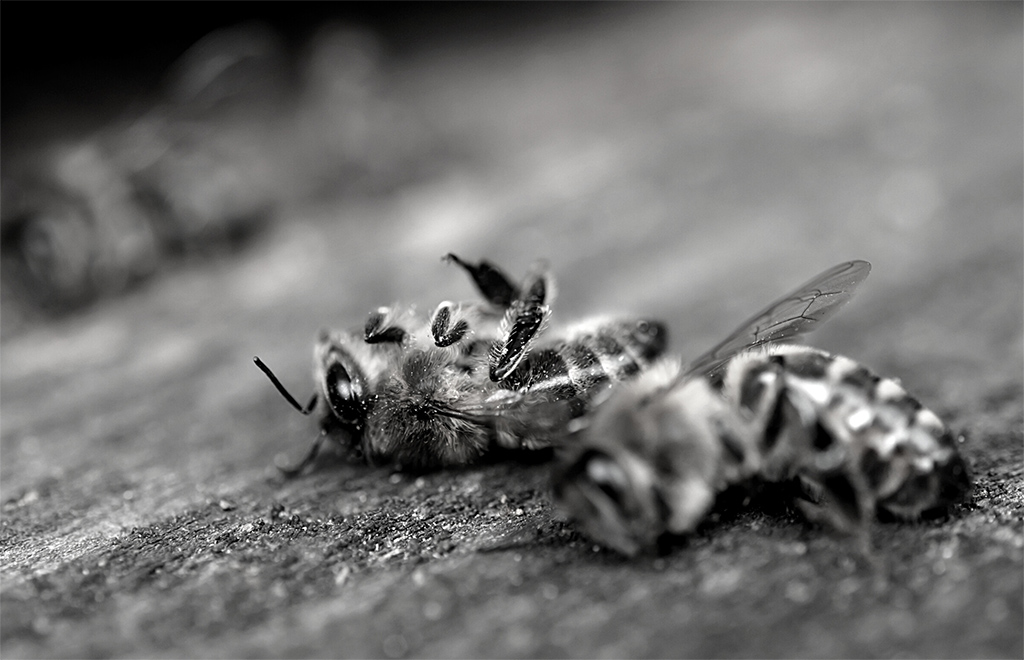
Insects may not be the “poster child” for climate change, but they are one of the animal groups most vulnerable to changing temperatures and weather systems. They also provide several fundamental and essential ecosystem services. Now, a team of over 70 scientists from across 19 countries are warning that unless action is taken, “we will drastically reduce our ability to build a sustainable future based on healthy, functional ecosystems”.
The authors examined hundreds of peer-reviewed studies from across the globe, predominantly from the past two decades. Their review provides a comprehensive, one-stop summary of every vital piece of research relating to insects and the threats they face. Scientists have been aware of declining insect species for decades, with some even labelling it an “insect apocalypse”, but viewed as a whole, the review of new research suggests a bleak picture. Both the short- and long-term effects of climate change have the potential to profoundly affect insect thermoregulation, breeding habits and distribution.
The ecological roles and services provided by insects should not be underestimated, and quite apart from a potential loss of biodiversity, their absence will severely impact human life. These services include pollination (including many crop plants), recycling nutrients, and providing an important food source for animals further up the food chain. On the opposite end of the spectrum, some insect families are pests and parasites, destroying livelihoods and spreading disease. Healthy ecosystems and the presence of other competing insects help to keep these damage-causing insects in check.
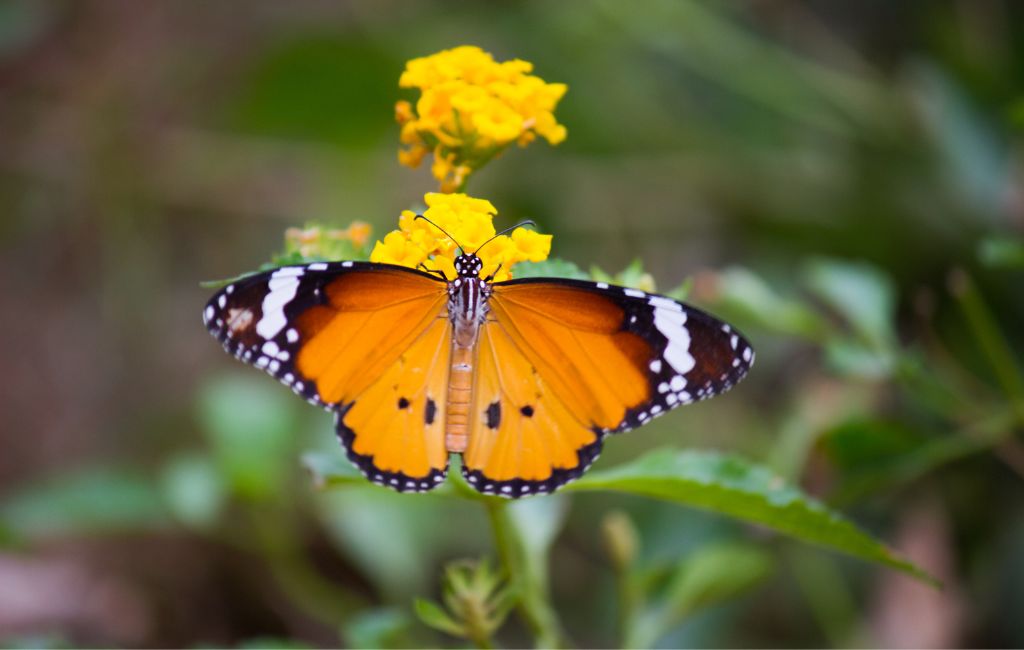

Most insects cannot internally thermoregulate as mammals and birds can, meaning their response to changing temperatures is primarily behavioural (shade-seeking, for example). As a consequence, they are particularly vulnerable to extreme temperatures. To survive extreme weather events and cycles, some insects may be forced to shift their distribution, while others may face catastrophic disruptions to their breeding cycles. A loss of genetic diversity, sterility and even extinction could follow. In some instances, species (especially those in the tropics) may vanish before they have even been discovered.
The impacts of climate change on insects can be divided into the short-term and long-term. Short-term effects of climate change include heatwaves and extreme temperatures, increased frequency of extreme temperatures, drought, rainfall and floods, and fire. The long-term effects may be more gradual and subtle but could be equally damaging. These include effects on species distributions, phenology (the seasonal patterns of reproduction, growth, and migration, for example) and the relationships between species. One study suggested that the ranges of nearly half the world’s insect species will decline by 50% if average global temperatures rise by 3.2˚C. Conversely, the range of malaria-carrying mosquitoes could expand.
While the authors acknowledge that insect declines can also be attributed to habitat loss and fragmentation, along with many other anthropogenic factors, they emphasise that the aforementioned effects of climate change could exacerbate many of these challenges and even tip endangered populations towards extinction. The knock-on effects will be felt across trophic levels.
With limited exceptions, insects are not particularly iconic animals. The plights of the polar bears and melting ice caps or starving elephants in drought-stricken Africa make for much more emotive climate-change symbolism. Yet the impact of climate change on insects has the potential to be both immediate and long-lived and will have tragic consequences for both ecosystems and people.
“We need to realise, as humans, that we are one species out of millions of species, and there’s no reason for us to assume that we’re never going to go extinct,” says Anahí Espíndola, one of the co-authors and assistant professor of entomology at the University of Maryland. “These changes to insects can affect our species in pretty drastic ways.”
Reference
Harvey, J. A. et al. (2022) “Scientists’ Warning on Climate Change and Insects,” Ecological Monographs.
Climate change is affecting countless species in ways we could never have imagined. Read about the impacts of climate change on the following species:
Aardvarks
Forest elephants
Turtles
Baobabs
Lemurs
Proteas
Meerkats
Hornbills
To comment on this story: Login (or sign up) to our app here - it's a troll-free safe place 🙂.![]()

